As the global push towards renewable energy intensifies, the importance of effective solar system installation has never been more critical. According to the International Energy Agency (IEA), solar energy is projected to account for over 30% of global electricity generation by 2030. This remarkable growth not only signifies the increasing adoption of solar technologies but also highlights the necessity for optimal installation practices to maximize efficiency and return on investment. Inadequate installation can lead to significant performance losses, making it imperative for buyers worldwide to understand the best practices in solar system installation. Our essential guide aims to provide comprehensive insights to global buyers, ensuring they navigate the complexities of installation with confidence, ultimately contributing to a sustainable energy future.
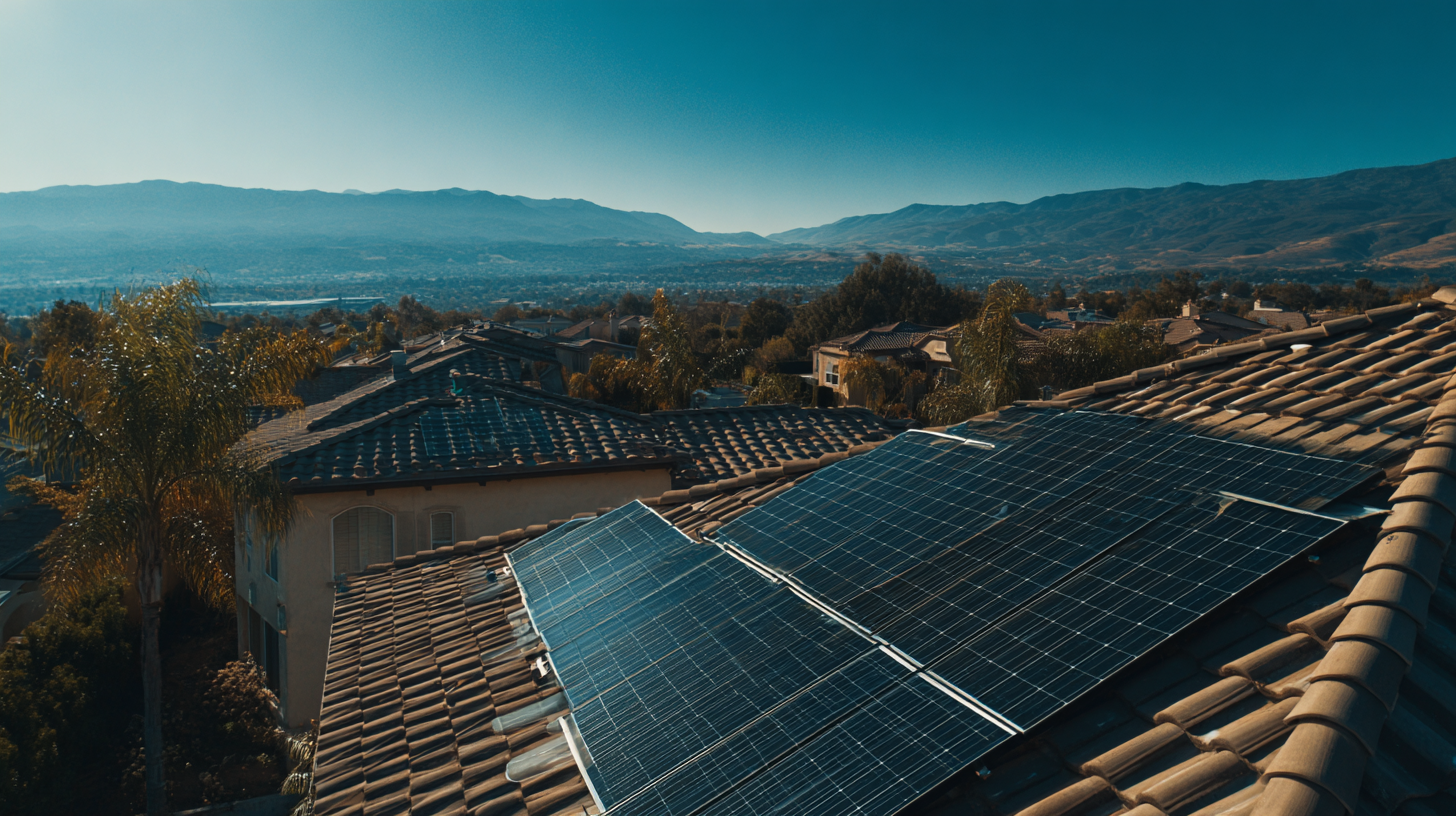
When considering solar system installation, understanding your energy consumption and goals is crucial. According to the International Energy Agency (IEA), global solar energy deployment increased by 22% in 2020, driven largely by a surge in residential installations. To make informed decisions, homeowners should first assess their current energy usage. On average, U.S. households consume about 877 kWh per month, with heating and cooling accounting for nearly 50% of that usage. Analyzing your monthly utility bills can help determine how much energy you need, allowing you to size your solar system effectively.
Beyond just energy consumption, setting clear goals for your solar system is essential. Whether aiming for energy independence, reducing carbon footprints, or simply saving on electricity bills, your objectives will shape the installation process. A report from the National Renewable Energy Laboratory (NREL) suggests that solar systems can offset about 80% of an average home's energy consumption with optimal placement and technology choices. Additionally, integrating energy-efficient appliances alongside solar installations can maximize savings and efficiency. By assessing energy needs and defining clear goals, buyers can harness solar power's full potential, ensuring a sustainable energy future.
When selecting a solar system, understanding the various types and specifications is crucial for maximizing investment and energy output. According to the International Energy Agency (IEA), global solar photography installations have soared to over 940 gigawatts (GW) in 2020, highlighting a trend toward cleaner energy solutions. Solar systems can primarily be categorized into photovoltaic (PV) panels, concentrating solar power (CSP), and solar thermal systems. While PV panels convert sunlight directly into electricity, CSP systems harness solar energy to produce steam, driving conventional turbines. Each type varies in efficiency, cost, and suitability, depending on geographic location and specific energy needs.
Additionally, potential buyers must consider specifications such as solar panel efficiency, which typically ranges from 15% to 22% for commercial products. The National Renewable Energy Laboratory (NREL) indicates that higher efficiency panels, while more expensive, can yield substantial long-term savings on energy costs, particularly in areas with high sunlight exposure. Furthermore, understanding warranties and certifications, such as those from the Underwriters Laboratories (UL), can protect buyers from subpar products and ensure a reliable solar investment. Therefore, research and comprehension of different solar system types and their specifications are essential steps for global buyers aiming to make informed decisions in the rapidly evolving renewable energy sector.
The following chart illustrates the relationship between the capacity (in kW) and the efficiency (%) of different types of solar systems commonly used for installations worldwide.
When it comes to solar system installations, understanding the key factors that influence costs is crucial for global buyers. The initial investment can vary significantly based on the local market, technology, and installation complexity. It's essential to assess the pricing of solar panels, inverters, and battery storage options, as these elements can dramatically affect the overall budget.
Tip: Research local incentives and rebates. Many countries and regions offer financial incentives for solar installations, which can significantly reduce costs. Take the time to explore available government subsidies, tax credits, and utility programs that could yield considerable savings on your installation.
Additionally, the quality of the installation team plays a vital role in the project's success and longevity. Hiring experienced and reputable installers can prevent unexpected expenses and ensure efficient system performance.
Tip: Obtain multiple quotes. Comparing estimates from different contractors not only helps you find the best price but also gives you insights into the services offered and the quality of equipment used. Don't hesitate to ask questions and verify references to make an informed decision.
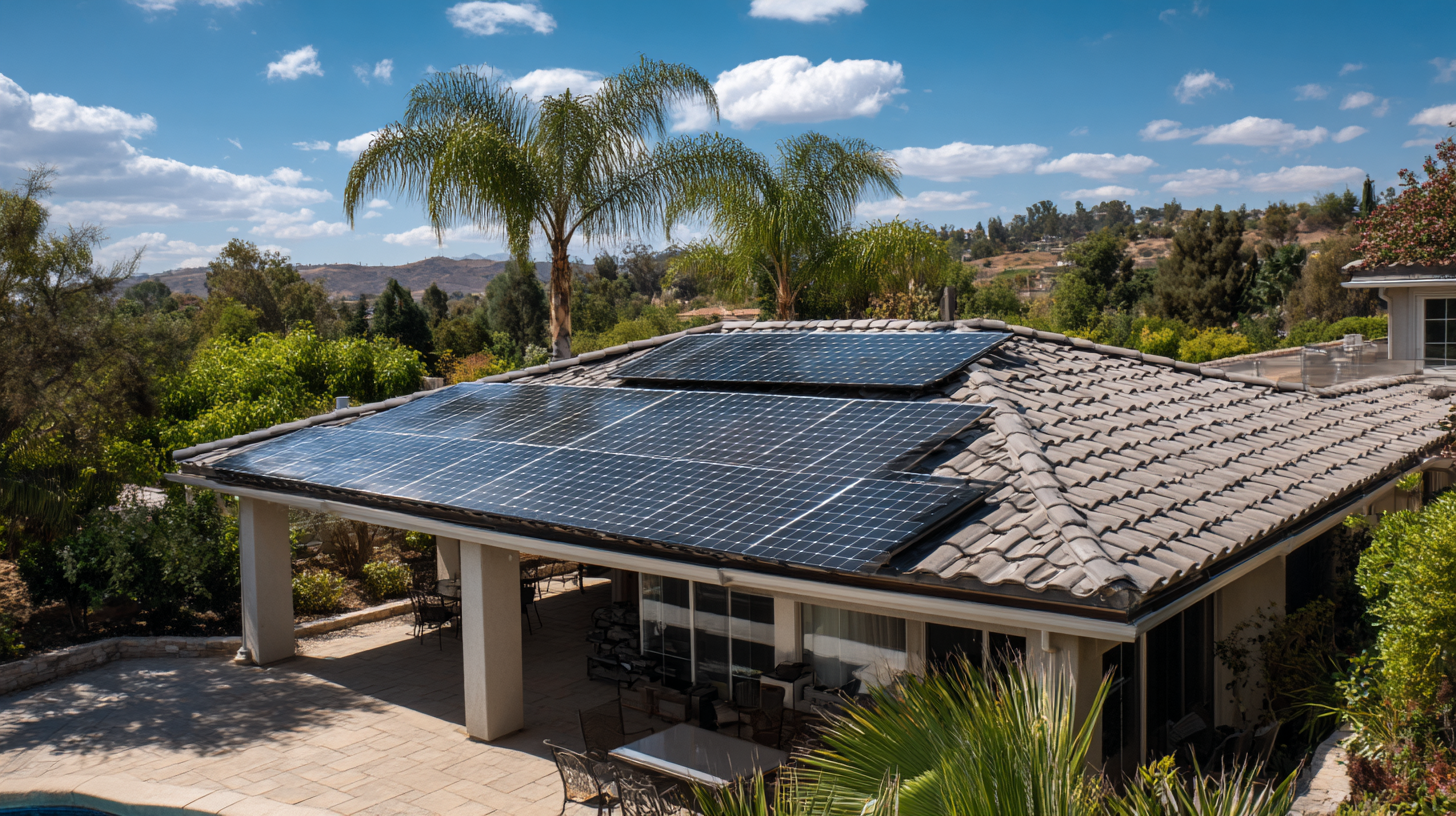
When considering solar system installation, navigating the complex landscape of regulations and permits is crucial for global buyers. According to the International Renewable Energy Agency (IRENA), over 70% of potential solar projects face significant delays due to regulatory hurdles. These can vary widely from one region to another, emphasizing the necessity for buyers to thoroughly research local requirements before proceeding.
For instance, in Europe, the Renewable Energy Directive outlines specific compliance standards that must be met for solar installations, including safety regulations and environmental impact assessments. Meanwhile, in the United States, the installation process is often affected by state-specific incentives and policies, such as net metering regulations, which can significantly influence the financial viability of solar projects. The Solar Energy Industries Association (SEIA) reports that understanding these local regulations can lead to an increase in project success rates by up to 30%, thereby highlighting the importance of meticulous planning and legal compliance in the installation journey.
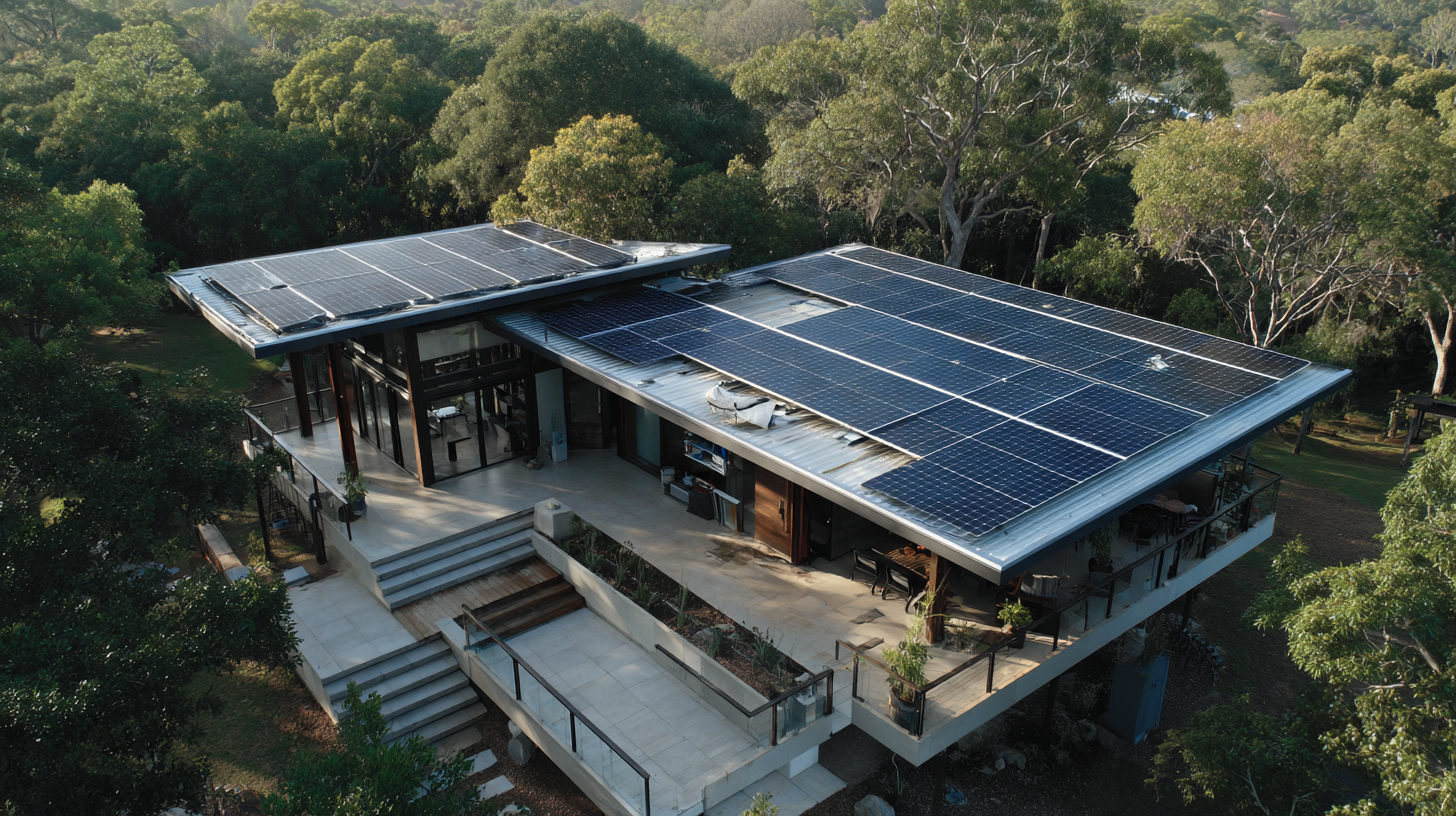
When selecting a solar installer, finding the right professionals is crucial for ensuring a smooth installation process and maximizing the efficiency of your solar system. Start by researching local companies with strong reputations within your community. Look for online reviews and testimonials that highlight customer satisfaction and reliability. A well-reviewed installer not only provides confidence but also indicates a record of quality work and commitment to service.
It’s also important to consider the qualifications and certifications of potential installers. Check if they are certified by recognized organizations, such as the North American Board of Certified Energy Practitioners (NABCEP). This certification demonstrates the installer’s knowledge and expertise in solar technology. Further, engaging with installers directly can help gauge their responsiveness and willingness to address your specific needs. Ask detailed questions about their installation processes, warranties, and post-installation support. This engagement not only highlights their professionalism but also ensures your project is in capable hands, leading to a successful solar energy solution.
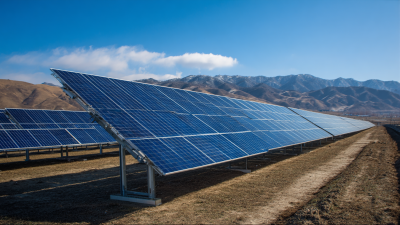
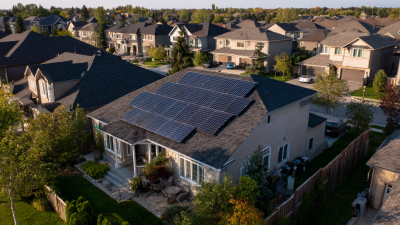
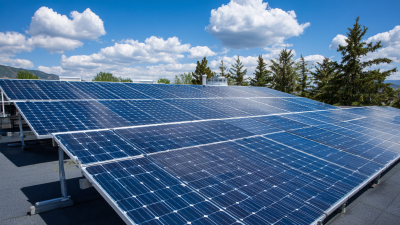
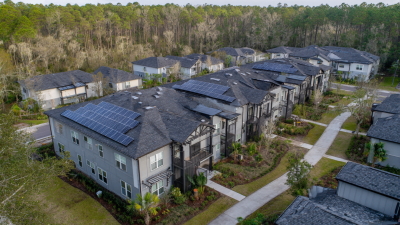


As electricity costs continue rising, many small households in Maharashtra seek sustainabl...Read More
Uttar Pradesh is making significant progress in adopting renewable energy, particularly so...Read More
With the Indian government actively promoting renewable energy through subsidies and polic...Read More
Tired of watching your electricity bills climb month after month and strain your pockets? ...Read More
Switching to solar energy in Gujarat has never been more profitable! With plenty of sunlig...Read More
If you live in Madhya Pradesh and want to save money on power while living a greener lifes...Read More
If you’re a resident of Bangalore looking to save on your skyrocketing electricity b...Read More
If you live in Karnataka and have been looking for an environmentally friendly, cost-effec...Read More
Delhi is a city that thrives on its vibrant energy, and what better way to complement that...Read More
As electricity costs continue rising, many small households in Maharashtra seek ...Read More
Uttar Pradesh is making significant progress in adopting renewable energy, parti...Read More
With the Indian government actively promoting renewable energy through subsidies...Read More